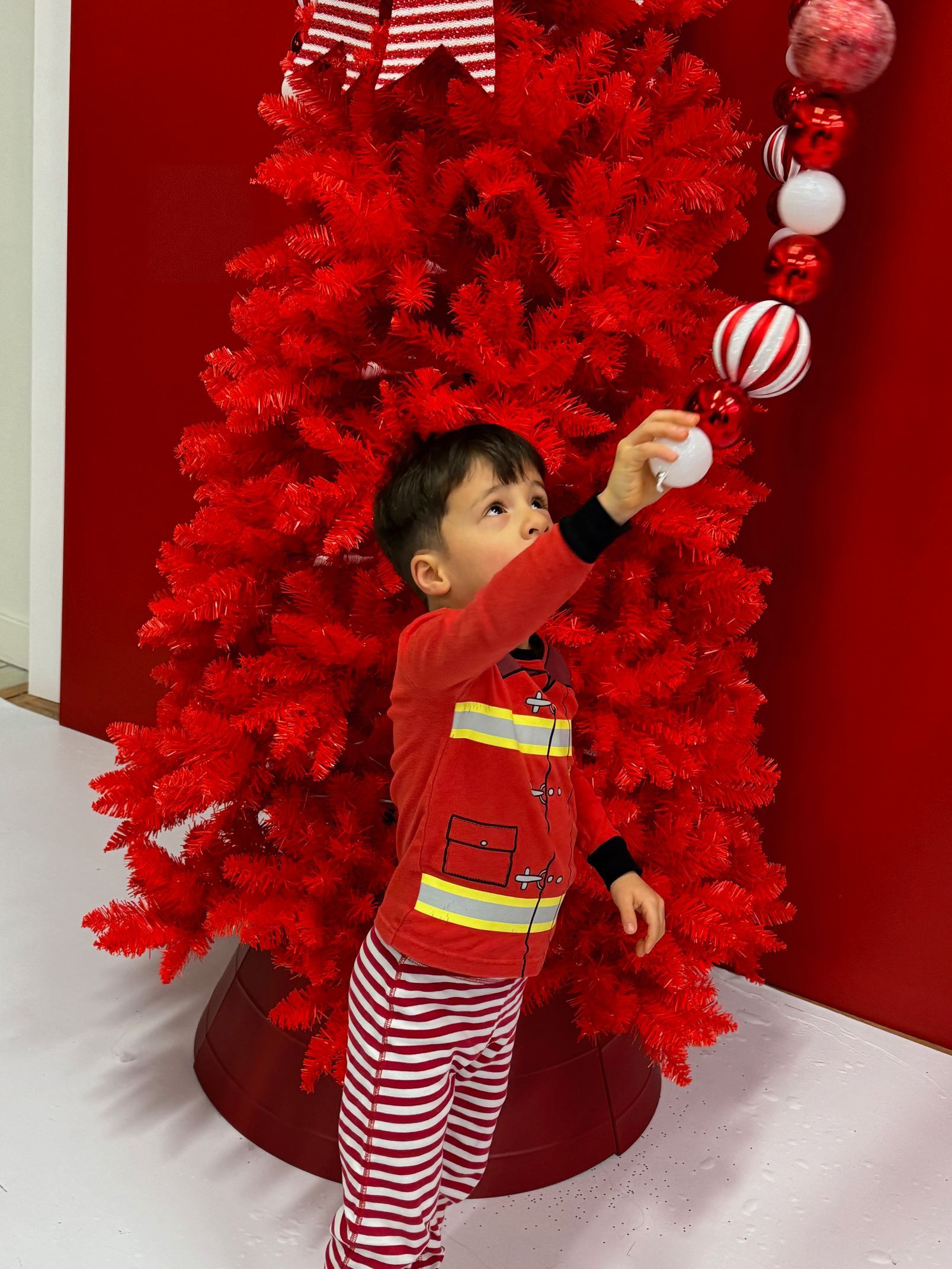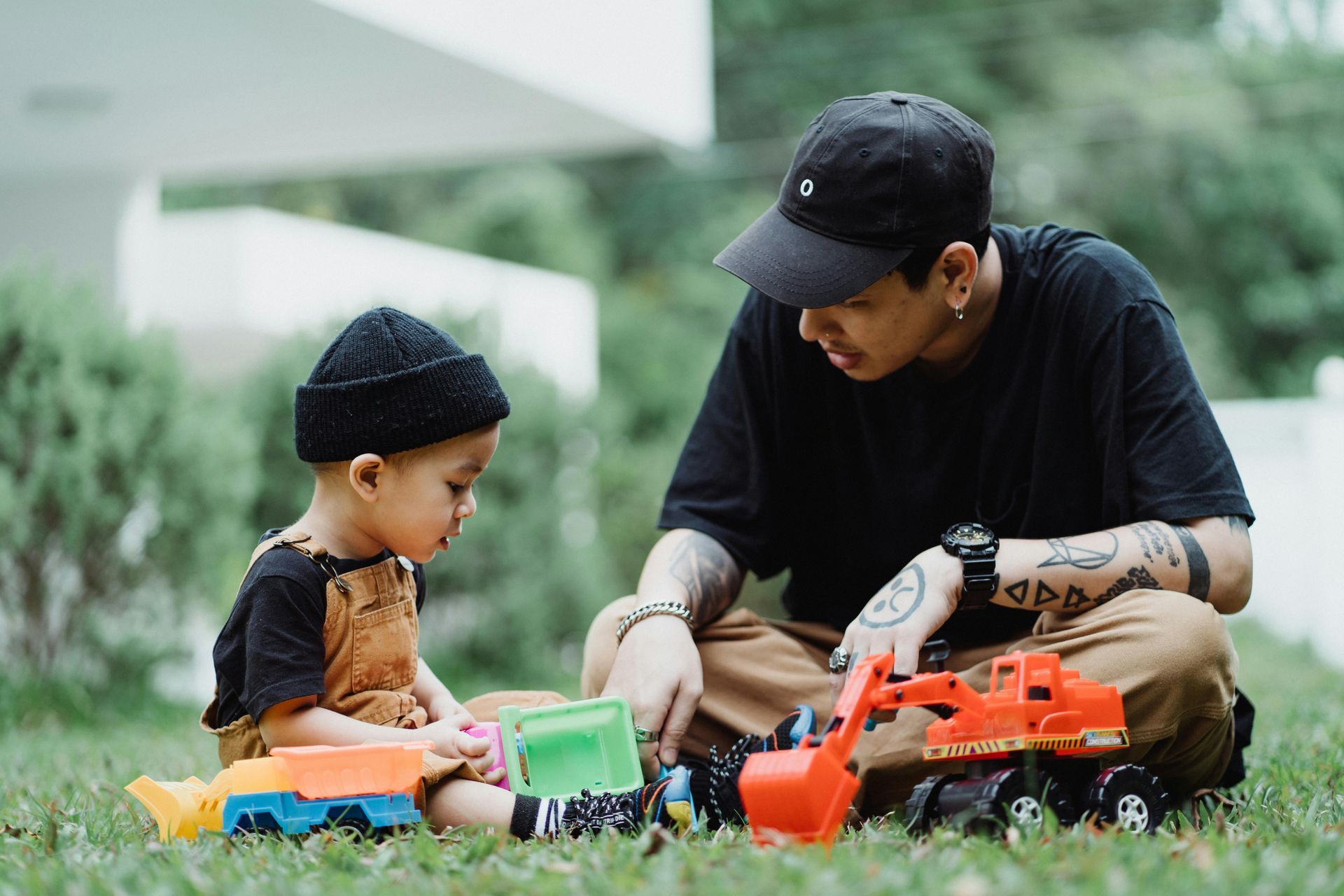The Influence of a Single, Committed Adult:
How We Can Show Up for the Kids in Our Lives
In our journeys as parents, coaches, mentors, and neighbors, we often aim to show up as the best versions of ourselves—but life doesn’t always allow us to be the person we aspire to be. Some days, it’s tough just to show up, let alone live up to our ideals. Yet, even on our off days, we have a profound opportunity. By consistently working toward self-care and maintaining a growth mindset, we can embody the stability and encouragement that children need to thrive. This is the kind of influential adult that every child deserves, and if we’re intentional about how we show up, we can make a lasting difference.
Harvard’s Center on the Developing Child summed it up well: “Every child who winds up doing well has had at least one stable and committed relationship with a supportive adult.” This isn’t just a feel-good statement; it’s backed by science. Children who have stable relationships are better equipped to build resilience, overcome adversity, and reach their potential. Think for a moment—who are the children in your world that may need this kind of presence? It could be the child at the soccer club, the one down the street, or the friend who plays with your child at school.
Making an Impact: Small Steps to Build Trust, Resilience, and Attachment
Building a relationship with a child goes beyond showing up once in a while. It’s about being there over time, in moments big and small, to demonstrate that you are a safe and reliable presence in their life. Here’s how we can cultivate these essential connections:
Learn Their Interests
Every child is different, with unique interests, dreams, and quirks. Taking the time to learn what they love sends a message: I see you. If a child feels seen and understood, they are more likely to feel secure and connected. Whether it’s asking about the latest game they’re excited about or cheering them on as they try a new hobby, these small efforts create a sense of belonging.
Invest with Genuine Love and Care
We often talk about “investing time” with children, but genuine care goes a step further. It requires showing up without judgment and meeting them where they are emotionally. Building trust takes patience, and children, especially those who may not have stable adults in their lives, need consistency to feel secure. When we take the time to show up regularly, we send a powerful message: You matter to me.
See the Child as an Opportunity, Not a Problem
In our fast-paced lives, we can sometimes view challenges with kids as problems to fix. But every child is an opportunity—a chance to foster resilience, to plant seeds of confidence and trust. Viewing a child as a growing, unique individual allows us to nurture their development with optimism and empathy.
Model Healthy Conflict and Resilience
Conflict is a part of life, and children need to experience healthy conflict as an avenue for growth and resilience. When we handle conflicts calmly and openly, we teach them that relationships can withstand “bumps” and come out stronger. This lets them feel more secure, knowing they won’t be abandoned just because things get hard. They can trust that even when things are unedited or imperfect, the relationship holds steady. This experience of belonging and acceptance builds confidence, letting them feel secure in who they are.
Seize the Moment: Limited Time to Shape a Life
Childhood moves quickly, and by 18, many of the foundational aspects of a child’s character are set. Those early years are precious windows to influence, support, and uplift a young person’s sense of self. The relationships we build with them today can become the core of their resilience and self-worth tomorrow.
Create Secure Attachments
Attachment is a cornerstone of a child’s ability to grow, thrive, and face life with resilience. For children who may not have a secure foundation at home—whether in foster care or in situations where parents may be less engaged—a stable, caring relationship with a trusted adult can be life-changing. When we provide them with a safe and supportive relationship, we help them build the inner strength to face life’s challenges with hope. Through these secure attachments, children learn that, no matter how hard life may get, they have someone who believes in them and a place where they feel seen, valued, and supported.
Take Action: Engage in Small, Meaningful Interactions
Building a connection with a child doesn’t require grand gestures; it’s often the small, intentional actions that make the most lasting impact. Start by setting aside a few minutes each week to engage with the children around you. For example:
- Offer a genuine compliment or ask them about their day.
- Invite them to help with a simple task, like setting up for an activity or kicking around a ball after practice.
- Plan regular check-ins to ask about a project they’re working on or a hobby they enjoy.
These actions, though small, show children that you care and value them. Consistent, thoughtful interactions create a foundation of trust and build a steady, reliable presence in their lives. By taking this step, you actively become the supportive adult they need, creating an environment where they feel seen, valued, and encouraged to thrive.
Trust Takes Time: The Gift of Presence
For a child, trust isn’t something that appears overnight; it’s built in the hours and days we spend together. To them, time is trust. Kids sense when adults are investing real time and attention. It may take months or even years to build that deep bond, but each interaction lays a brick in the foundation of a relationship that can support them for a lifetime.
The beauty of this work is that it doesn’t require perfection. We may not always be the ideal role model, but when we commit to showing up with love, intention, and a growth mindset, we become the kind of adults that children can rely on. So, the next time you find yourself at the sidelines of a soccer game or in a neighborhood gathering, ask yourself, Who is that child in my circle? With patience, presence, and genuine care, you can become the stable, committed adult that shapes their path—and that’s a legacy worth building.












